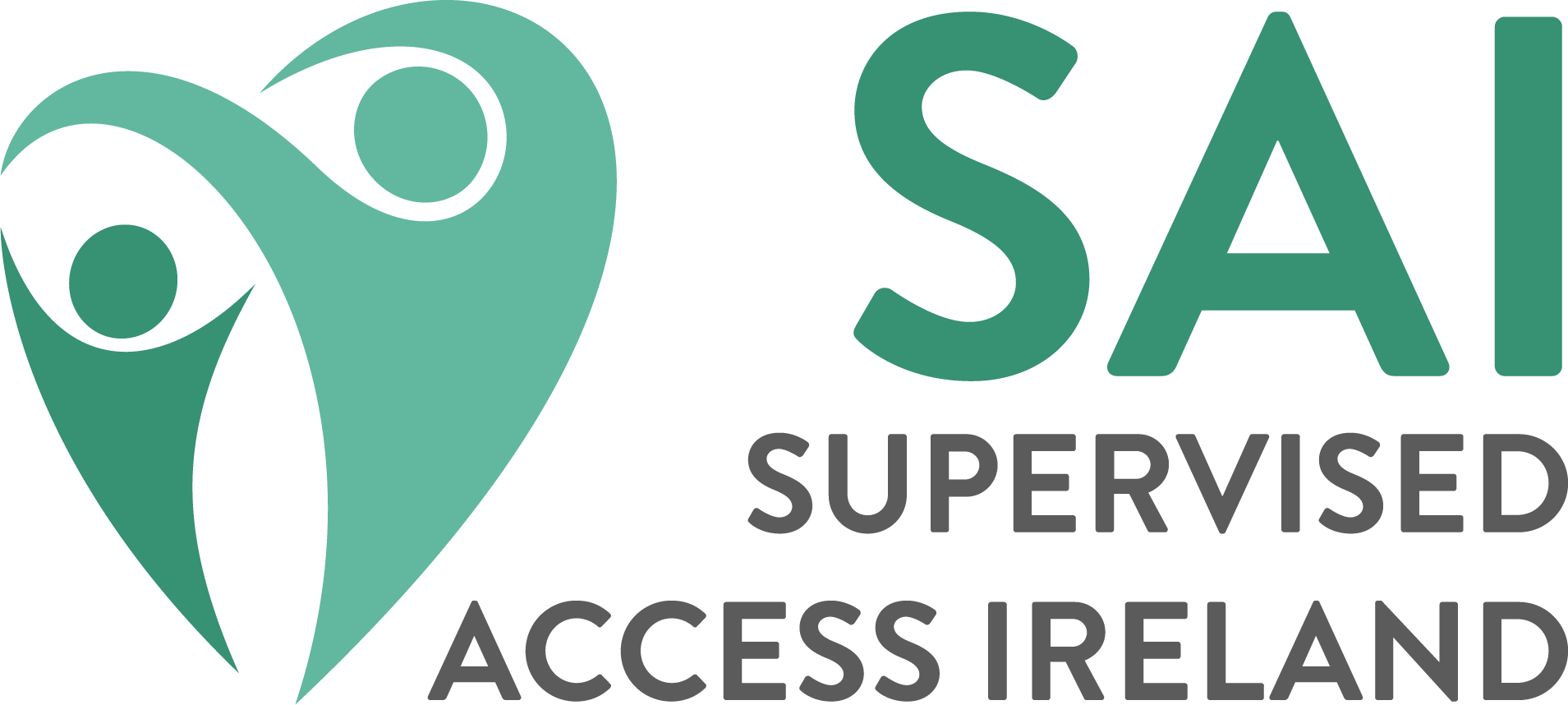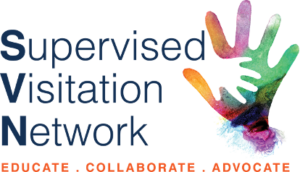Navigating New Legal Landscapes: Ireland’s Family Law Evolution
Explore Ireland’s progressive family law reforms, including impactful statutory developments and the upcoming Family Courts Bill, and their influence on supervised access services in Ireland.
Introduction:
Ireland’s family law is undergoing significant changes, reflecting contemporary social dynamics and the needs of families in supervised access contexts. Let’s explore these critical developments and how they shape our professional practices.
1. Constitutional Referendums: Reflecting Modern Family Values
Ireland’s upcoming constitutional referendums aim to modernize the legal concept of family and acknowledge the role of caregiving within families. These changes could lead to more nuanced and inclusive approaches in supervised access scenarios, accommodating a broader spectrum of family structures.
2. Statutory Reforms: Fostering Child and Family Protection
Recent legislative reforms focus on enhancing the welfare and rights of children and families:
- The Children and Family Relationships Act 2015: This comprehensive act, which extends guardianship and custody rights, underscores the evolving nature of family responsibilities, central to supervised access considerations.
- The Domestic Violence Bill 2017: By expanding protections for victims of domestic violence, this bill directly influences supervised access arrangements, ensuring the safety and well-being of children and vulnerable family members.
- The Criminal Justice (Victims of Crime) Bill 2016: This bill strengthens the rights of crime victims and their families, an aspect crucial for providing supportive supervised access services.
3. Family Court Reform: Enhancing Judicial Efficiency
The proposed Family Courts Bill 2022 aims to streamline family law proceedings and establish specialized family courts. These reforms are expected to improve access to justice for families and children, impacting how supervised access cases are handled and resolved.
Conclusion:
The evolving landscape of Irish family law presents both challenges and opportunities for professionals in supervised access. By understanding and adapting to these changes, we can better support families navigating the complexities of modern family life.





